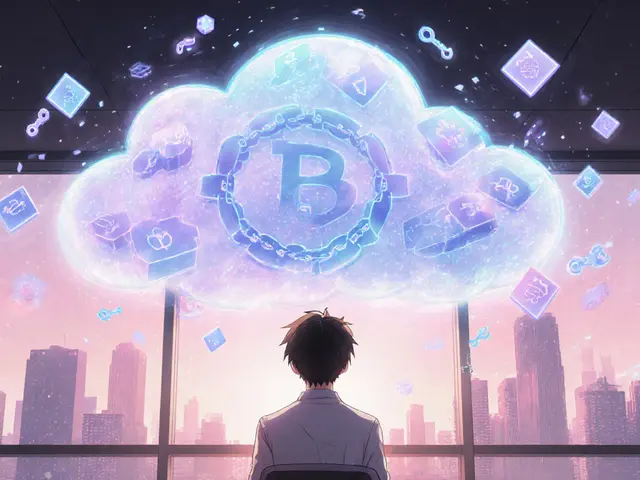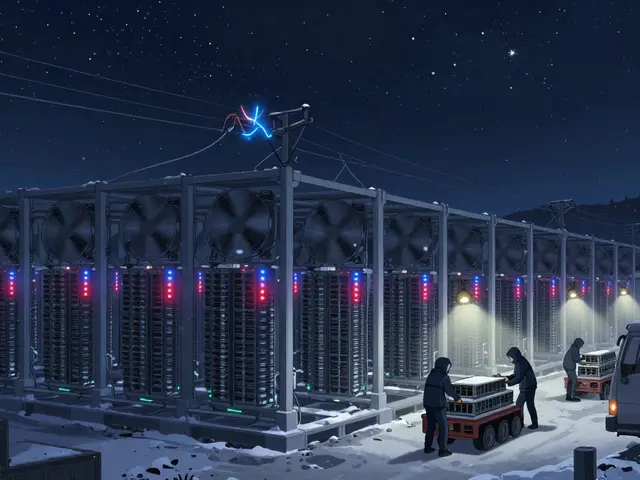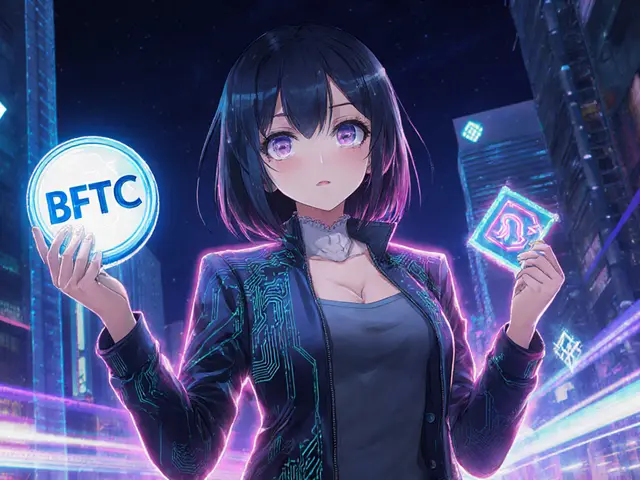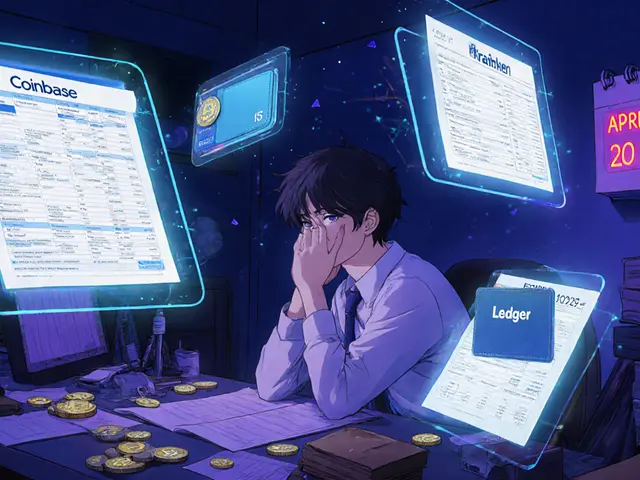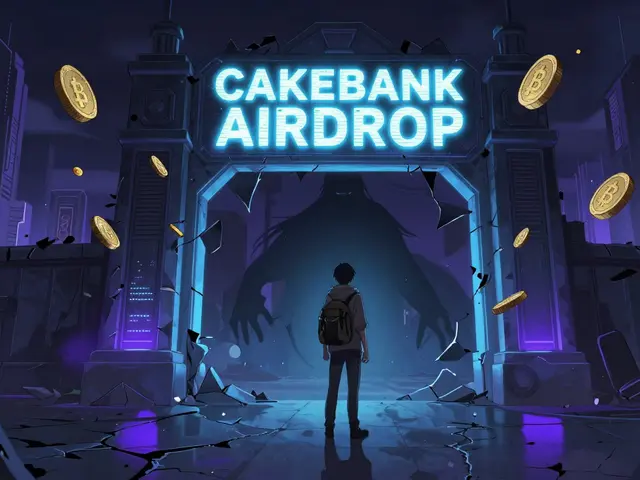Real-World Asset Tokenization Explained
When working with Real-World Asset Tokenization, the process of converting physical assets like property, commodities, or invoices into digital tokens on a blockchain. Also known as asset‑backed tokens, it bridges the gap between traditional finance and decentralized technology, giving investors fractional ownership and faster settlement.
At the heart of this bridge lies Blockchain, a distributed ledger that records every token transfer with cryptographic security. Blockchain provides the immutable infrastructure that tokenized assets need to prove provenance and prevent double‑spending. Because each token is anchored to a smart contract, the system can automatically enforce ownership rights, dividend payouts, or collateral requirements. This technical backbone makes it possible for Security Token Offering, a regulated fundraising method where investors receive tokenized securities instead of traditional shares to scale quickly while staying compliant.
Regulation, Compliance, and Real‑World Use Cases
Compliance is not an afterthought; it shapes the entire tokenization workflow. Regulatory Compliance, the set of rules governing securities, anti‑money‑laundering, and investor protection determines how issuers structure their offerings, the jurisdictions they can target, and the reporting obligations they must meet. In practice, a tokenized real estate fund will register its Security Token Offering with the relevant securities authority, attach KYC/AML checks to its smart contract, and publish periodic audits to satisfy regulators.
Smart contracts play a pivotal role in automating these obligations. Smart Contracts, self‑executing code that runs on a blockchain and triggers actions when predefined conditions are met can lock a deed, release rent payments, or trigger a buy‑back clause without manual intervention. This automation reduces operational costs, eliminates paperwork, and speeds up settlement from weeks to minutes.
The real‑world impact is already visible across industries. In real estate, investors can buy a 1% slice of a commercial building for the price of a coffee, gaining exposure to rental income and capital appreciation. Commodity markets are seeing tokenized gold bars that can be transferred instantly, offering a hedge against inflation without the storage headaches of physical bullion. Supply‑chain firms are issuing tokenized invoices, allowing suppliers to receive instant liquidity while buyers retain the right to verify delivery.
Our collection below reflects this diverse ecosystem. You’ll find deep dives into UK crypto policy, practical guides on Blockchain‑as‑a‑Service, step‑by‑step airdrop tutorials, and detailed analyses of DeFi, tokenomics, and security concerns. Whether you’re a regulator trying to understand the tech, a developer building the next token platform, or an investor seeking new opportunities, the posts here provide the context and actionable insights you need to navigate real‑world asset tokenization with confidence.
Allo (RWA) Explained: What the Real-World Asset Crypto Coin Is and How It Works
Allo (RWA) is a blockchain protocol that tokenizes real‑world assets, offers zero‑fee trading, and integrates Bitcoin staking, providing a bridge between traditional finance and crypto.




